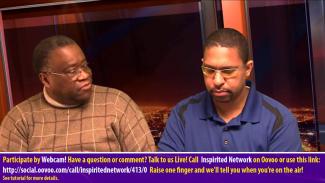How did Jesus overcome temptation? Why is He the second Adam? What was the purpose of Jesus coming to earth? What is the significance of "Emmanuel" or "God with us". Is it possible to overcome temptation as Jesus did? How can the Bible aid us in the times of our temptations? What parallels exist between the wilderness temptation and events like the Fall and the Exodus from Egypt? How does Jesus' humanity help Him to relate to struggling sinners as our High Priest? This week, as we address many of these issues, we will explore how to be victorious over sins.












